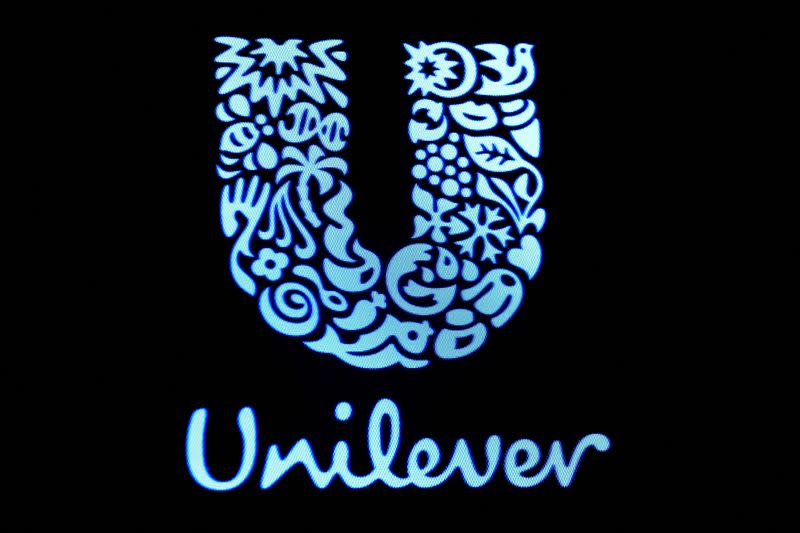Elon Musk's X drops Unilever from advertiser boycott lawsuit

By Mike Scarcella
(Reuters) - Elon Musk’s X on Friday dropped Unilever from a lawsuit that claimed the consumer goods giant and others conspired with an advertising industry group to boycott the social media platform, causing it to lose revenue.
In a filing in federal court in Wichita Falls, Texas, X said it was dismissing its claims against Unilever in the August antitrust lawsuit.
London-based Unilever - whose products include Dove soaps, Hellmann's condiments and Pepsodent toothpaste - said in a statement it had “reached an agreement with X, which has committed to meeting our responsibility standards to ensure the safety and performance of our brands on the platform.”
The company declined to comment on the terms of the settlement.
In a statement, X said it had reached an agreement with Unilever and was pleased "to continue our partnership with them on the platform."
X declined to comment on the terms of the agreement but said it was "continuing to pursue our antitrust claims against the other defendants."
The lawsuit accused the World Federation of Advertisers and group members Unilever, candy maker Mars, CVS Health and Danish renewable energy company Orsted of conspiring to withhold “billions of dollars in advertising revenue” from X, previously known as Twitter.
The federation and other defendants have not responded in court, and did not immediately respond to requests for comment on Friday.
After Musk bought X in October 2022, ad revenues slumped for months.
Some advertisers had been wary of buying ads on X under Musk amid concerns their brands would appear next to harmful content, such as racist or false posts, that under prior management might have been removed.
The advertising group launched an initiative in 2019 to “help the industry address the challenge of illegal or harmful content on digital media platforms and its monetization via advertising.”
(Reporting by Mike Scarcella; editing by Jonathan Oatis)